Help people in need
On October 18, the house of Mrs. Ro Lan Ble (born 1966, Hnap village) was busier than usual. Border soldiers and the local militia cut grass, cleaned, fixed the electric lines, changed light bulbs and dug garbage pits to help the family.
Mrs. Ble suffered a stroke and could not walk, one arm was paralyzed; her husband, Mr. Siu Klunh (born 1940), was old and weak, and had difficulty walking. They only had one 13-year-old daughter, who went out every day to herd cows for hire to help support the family.
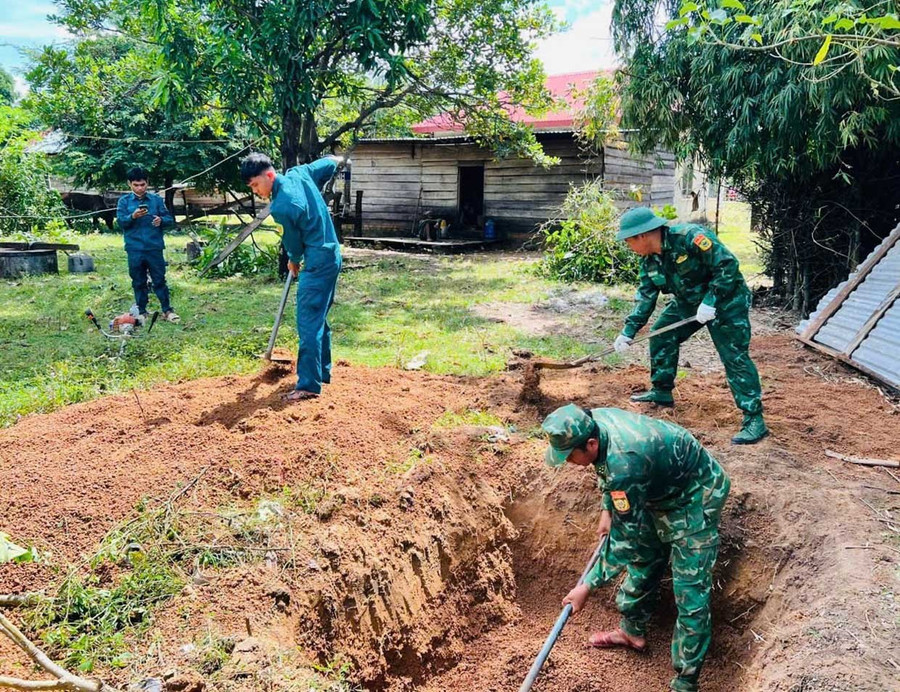
Understanding the situation, officers and soldiers of Ia Mo Border Guard Station not only helped clean and repair the house but also coordinated with the Commune Police and Justice Department to reissue citizen identification cards, guide the application for elderly policy; at the same time, gave the family gifts including rice, milk, laundry detergent and essential necessities.
Holding the gift bag, Mrs. Ble emotionally shared: "My family is poor, my husband and I are old and weak, but the Border Guard cares for us and comes to our house to help like this, I am very happy."
On October 25, Ia Mo Border Guard Station continued to support two brothers, Siu Duom (born 2006) and Siu Nham (born 2009) in Klăh village. Both orphaned, they depended on each other and also raised their niece Siu Thoang (born 2018), the daughter of their sister who died of lung disease. Their assets were only a few acres of cashew trees and a small plot of land left by their parents.
Captain Tran Van Khen, Head of the Mass Mobilization Team of Ia Mo Border Guard Station, said: “The rice field is close to the house but lacks water, so the children can only cultivate one crop. We plan to help them dig irrigation ditches so they can cultivate two crops of rice, improving their lives. However, because the ditch has to pass through other households’ land, the unit is coordinating with local authorities to mobilize families and agree on a plan before implementation.”
While waiting for the agreement to be finalized to support the two children, the unit organized to help the family of Mr. Ro Mah Phi (born in 1942, Khoi village). His wife is blind, his children all live far away, the old couple's life mainly depends on the support of neighbors.
Officers and soldiers of the unit came to clean the house, replace the broken door, and coordinate with local authorities to help re-issue personal documents and complete policy records for the family.
"The difficulty for people is that the documents do not match between the household registration, birth certificate and identity card, so when it comes to resolving the policy, they encounter many problems," Captain Khen added.
Strengthening military-civilian relations
According to Lieutenant Colonel Le Dinh Su - Deputy Political Commissar of Ia Mo Border Guard Station, implementing the mass mobilization plan of the Provincial Border Guard Command, the unit built a model of "Helping one poor household each week".
Every week, the unit sends 7-8 officers and soldiers to coordinate with the militia force to support a poor household with specific tasks such as: cleaning the house, harvesting crops, building fences, renovating mixed gardens, giving necessities, etc.
The households selected for support are all carefully screened, whether they are poor, near-poor, single, disabled or policy families with difficult circumstances. Before implementation, the unit closely coordinates with local authorities to conduct field surveys, develop plans, make lists and specific support times for each case, ensuring the right subjects, right needs and bringing practical results.
In addition to supporting working days, the model also focuses on guiding people to apply techniques in farming and raising livestock suitable to actual conditions, encouraging children to go to school and helping people access social security policies. On average, each household is supported from 10 to 20 working days, depending on the circumstances.
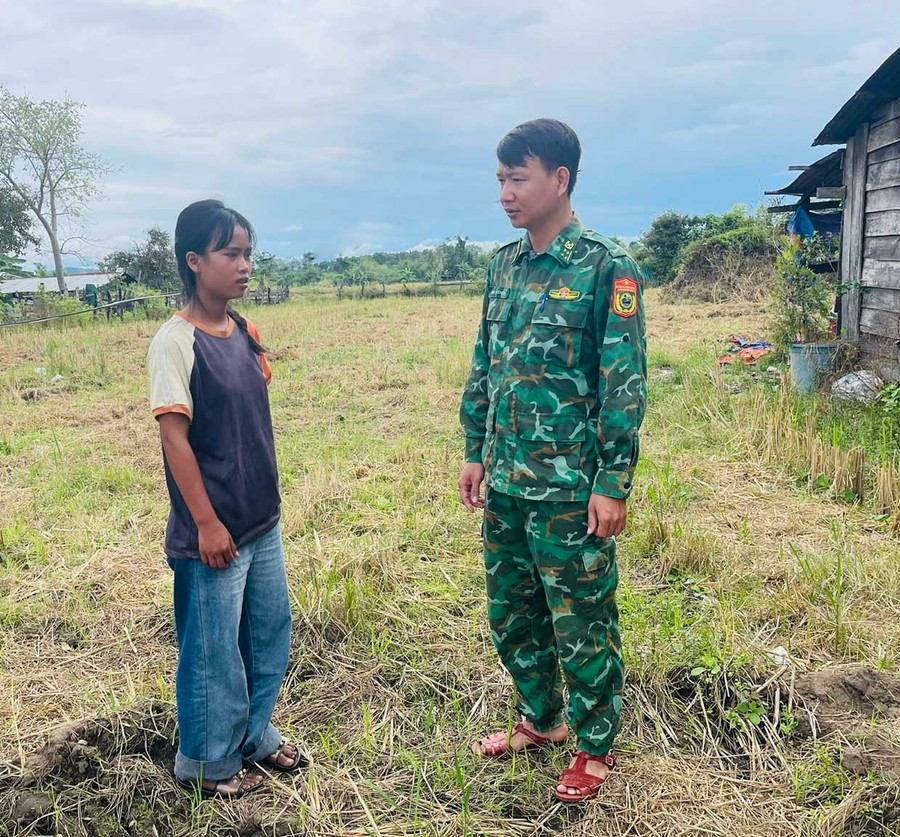
Not stopping there, the unit also maintains many other meaningful models and activities such as: "Border Guard Party members in charge of households", "Border Guard Station foster children", "Helping children go to school", "Red address"... creating a series of practical and long-term activities in mass mobilization work.
These practical activities have contributed to strengthening the great solidarity between the army and people, building a strong all-people border defense posture, maintaining political security and social order and safety in the area.
Source: https://baogialai.com.vn/moi-tuan-giup-mot-ho-ngheo-am-tinh-quan-dan-noi-bien-gioi-ia-mo-post570469.html



![[Photo] Draft documents of the 14th Party Congress reach people at the Commune Cultural Post Offices](https://vphoto.vietnam.vn/thumb/1200x675/vietnam/resource/IMAGE/2025/10/28/1761642182616_du-thao-tai-tinh-hung-yen-4070-5235-jpg.webp)



![[Photo] National Assembly Chairman Tran Thanh Man received a delegation of the Social Democratic Party of Germany](https://vphoto.vietnam.vn/thumb/1200x675/vietnam/resource/IMAGE/2025/10/28/1761652150406_ndo_br_cover-3345-jpg.webp)
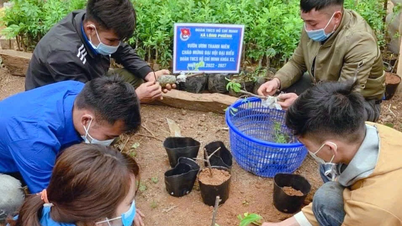

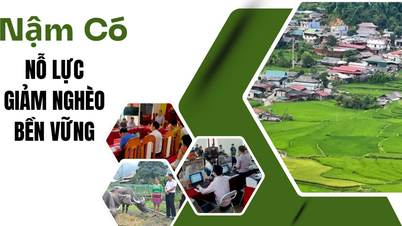

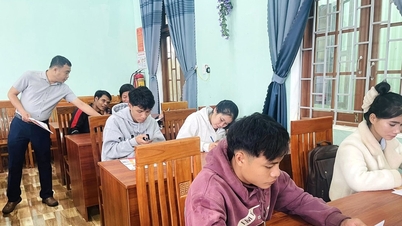

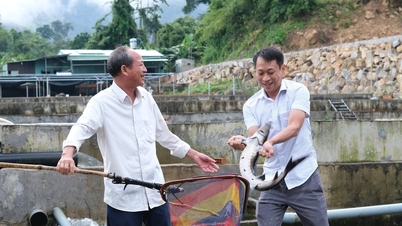

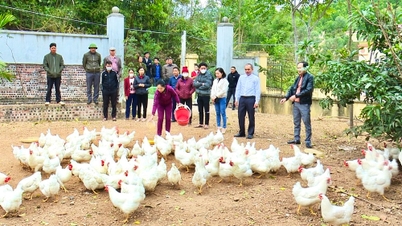

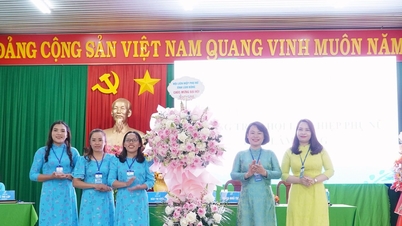
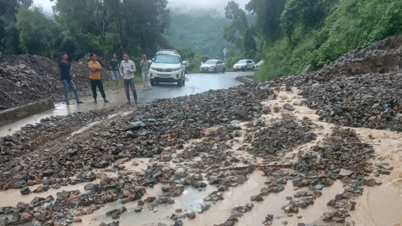

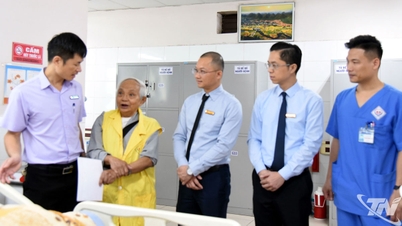


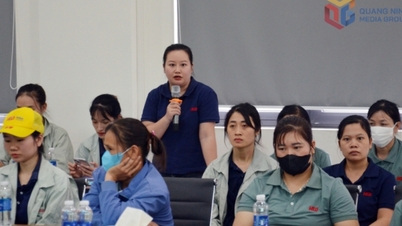

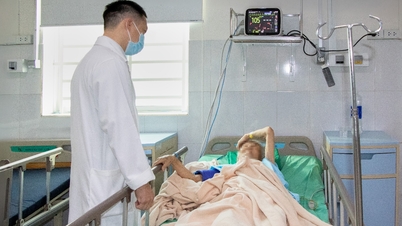

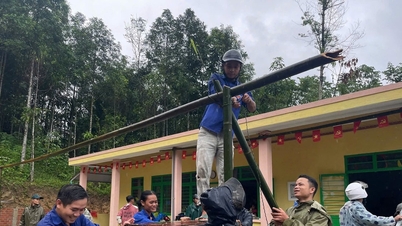




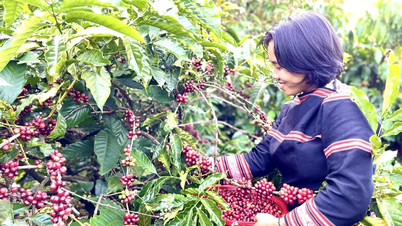
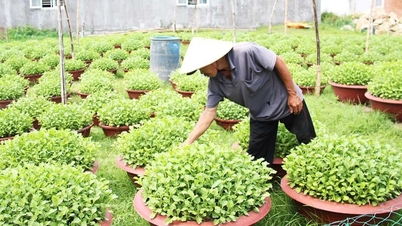
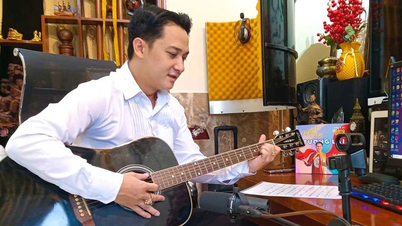

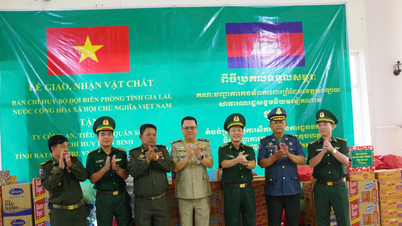
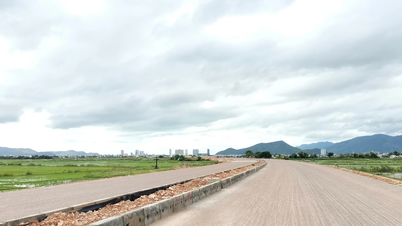


![[Photo] President Luong Cuong attends the 80th Anniversary of the Traditional Day of the Armed Forces of Military Region 3](https://vphoto.vietnam.vn/thumb/1200x675/vietnam/resource/IMAGE/2025/10/28/1761635584312_ndo_br_1-jpg.webp)



































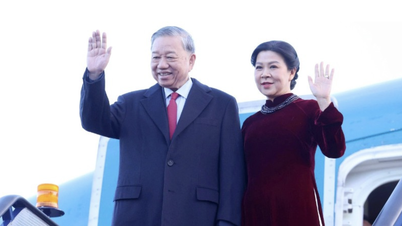



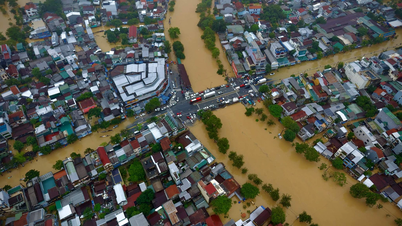




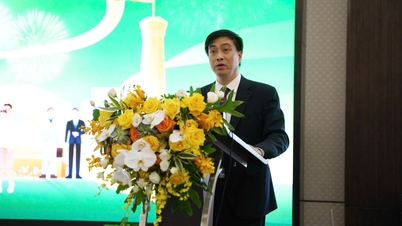


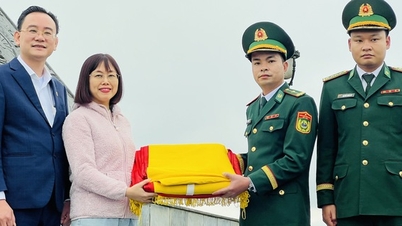

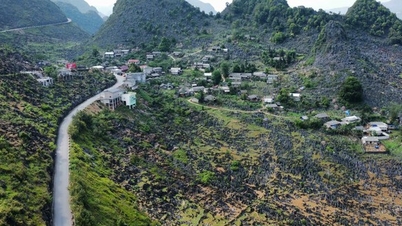
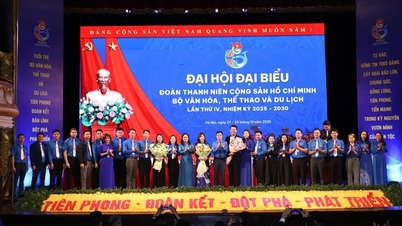
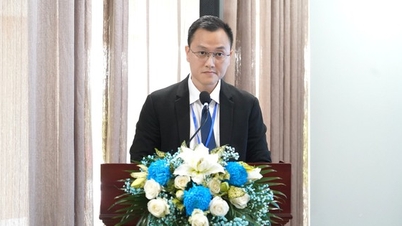


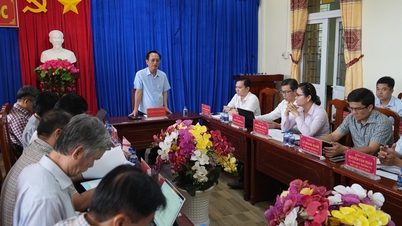


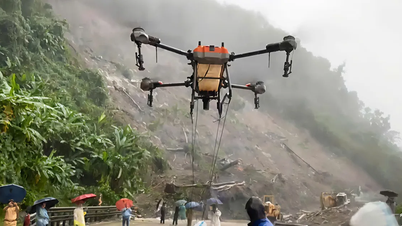

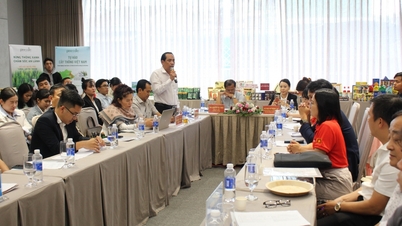

















Comment (0)